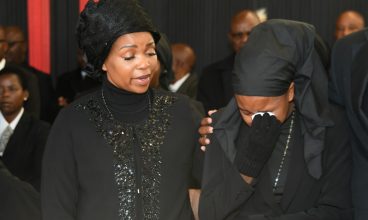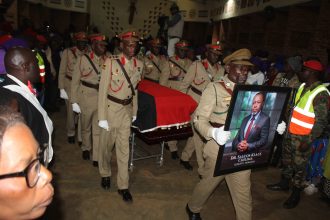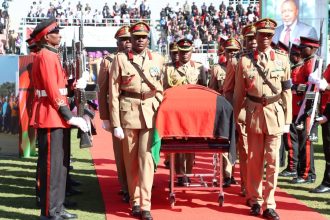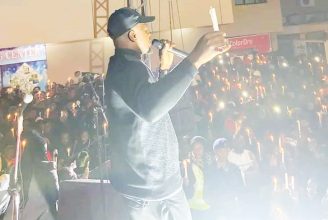Why Muluzi was set free
Director of Public Prosecutions (DPP) Masauko Chamkakala has cited lack of evidence and unavailability of State witnesses as key factors that influenced the discharge of former president Bakili Muluzi’s K1.7 billion corruption cases.
In an interview yesterday, Legal Affairs Committee of Parliament chairperson Albert Mbawala confirmed receiving the DPP’s report on the discharge of Muluzi by the High Court of Malawi on May 29 this year.
He said lack of evidence and witnesses’ unavailability were some of the reasons that compelled the DPP to discontinue the case.
Mbawala said the committee will meet the DPP on June 17 2023 for further clarification.
“We need to ask the DPP some questions because like on the issue that witnesses were not available to give evidence in the matter. So, we need to inquire more who these witnesses are and where they are when he says they were not available,” he said.
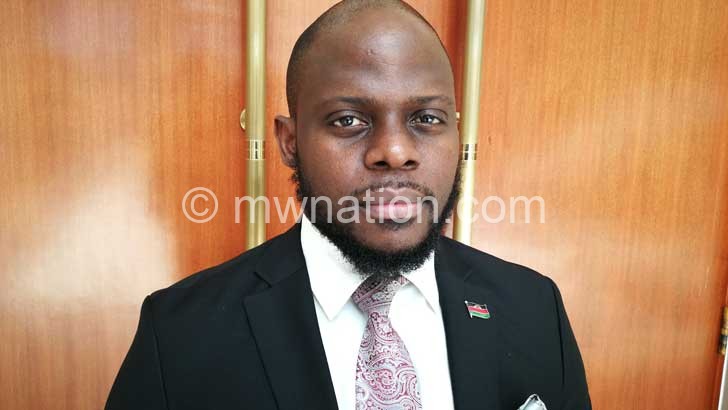
Mbawala said after meeting the DPP, his committee will compile a report with recommendations which will be submitted to Parliament during the Mid-Year Budget Review Meeting.
In a separate interview yesterday, Chamkakala confirmed submitting the report to the Legal Affairs Committee of Parliament, but declined to give details.
“The report was submitted to Parliament as required by the law. I am not at liberty to disclose the contents of the report at this stage,” he said.
The High Court cleared Muluzi and his co-accused of all charges in the $12 million abuse of public funds case that dragged for about 14 years after the DPP issued the discontinuance certificate on May 26 2023.
Under Section 99(3) of the Constitution, the DPP is required to explain the reasons for discontinuance to the Legal Affairs Committee of Parliament within 10 days after the order.
Muluzi’s discharge raised queries with some lawyers saying it was a blow to the fight against corruption in the country.
South Africa-based legal scholar Danwood Chirwa told The Nation last week that the case exposed the mockery of the Malawian anti-corruption effort and “represents the lowest watermark for the ACB in terms of its record of prosecutions and convictions”.
On the other hand, lawyer Justin Dzonzi observed that the discontinuance of Muluzi’s case could not be the problem of the court or the DPP, but that of the Anti-Corruption Bureau (ACB).
He said: “I was privileged way back to the kind of evidence that the bureau had against the former head of State. Based on the evidence as I saw, it was exceedingly difficult for the bureau to secure a conviction against him.
“The way the whole event was put together, my view then and even up to now is that although it pointed towards a certain level of abuse of office, it was not strong enough perhaps to warrant charging the former head of State with the corrupt offences.”
Two former ACB director generals Reyneck Matemba and Lucas Kondowe are on record as having said that the matter was not prosecutable
In December 2022, ACB director general Martha Chizuma also expressed frustrations with challenges her office was facing to prosecute high-profile corruption cases due to hurdles such as preliminary court orders that stalled progress.
Muluzi and his former personal secretary Lyness Whiskey were arrested in 2006 for allegedly stealing K1.7 billion ($12 million) funds which came to Malawi as aid from Taiwan, Morocco and Libya.
He allegedly committed the offence when he was serving as the country’s president between 1994 and 2004.
However, Muluzi denied wrongdoing, saying no foreign country would deposit donor money in a personal account and claims the case was trumped up for political reasons.
The trial started in 2009, but the case faced several adjournments mostly due to Muluzi’s poor health as he sought medical treatment in the United Kingdom and South Africa.


